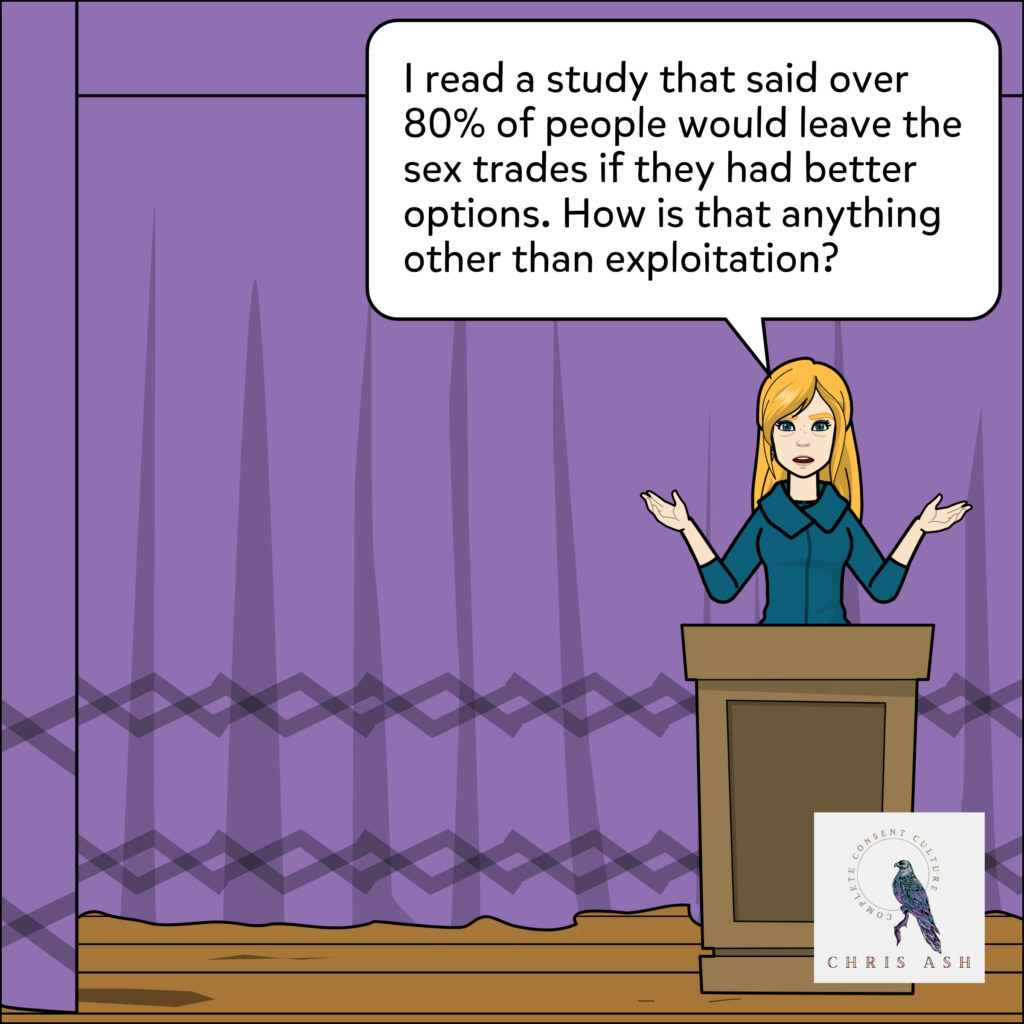
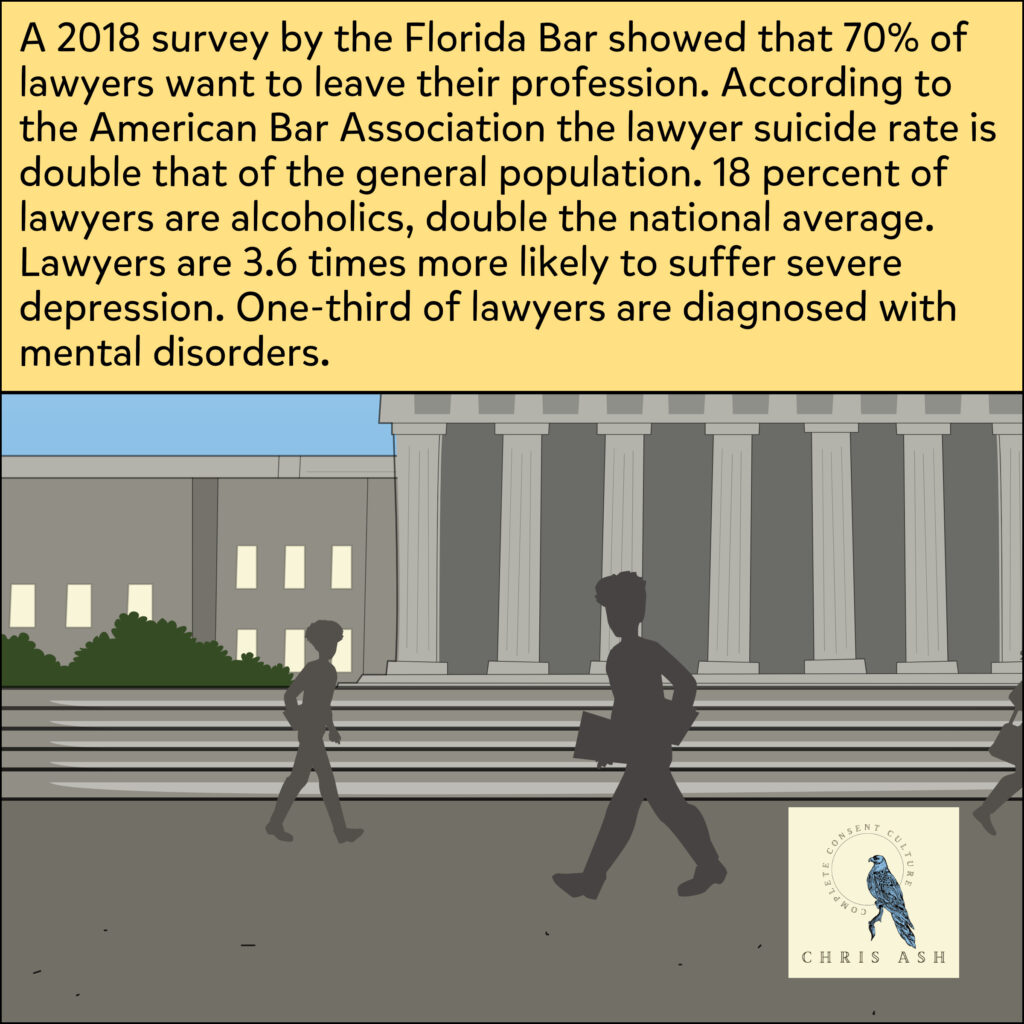
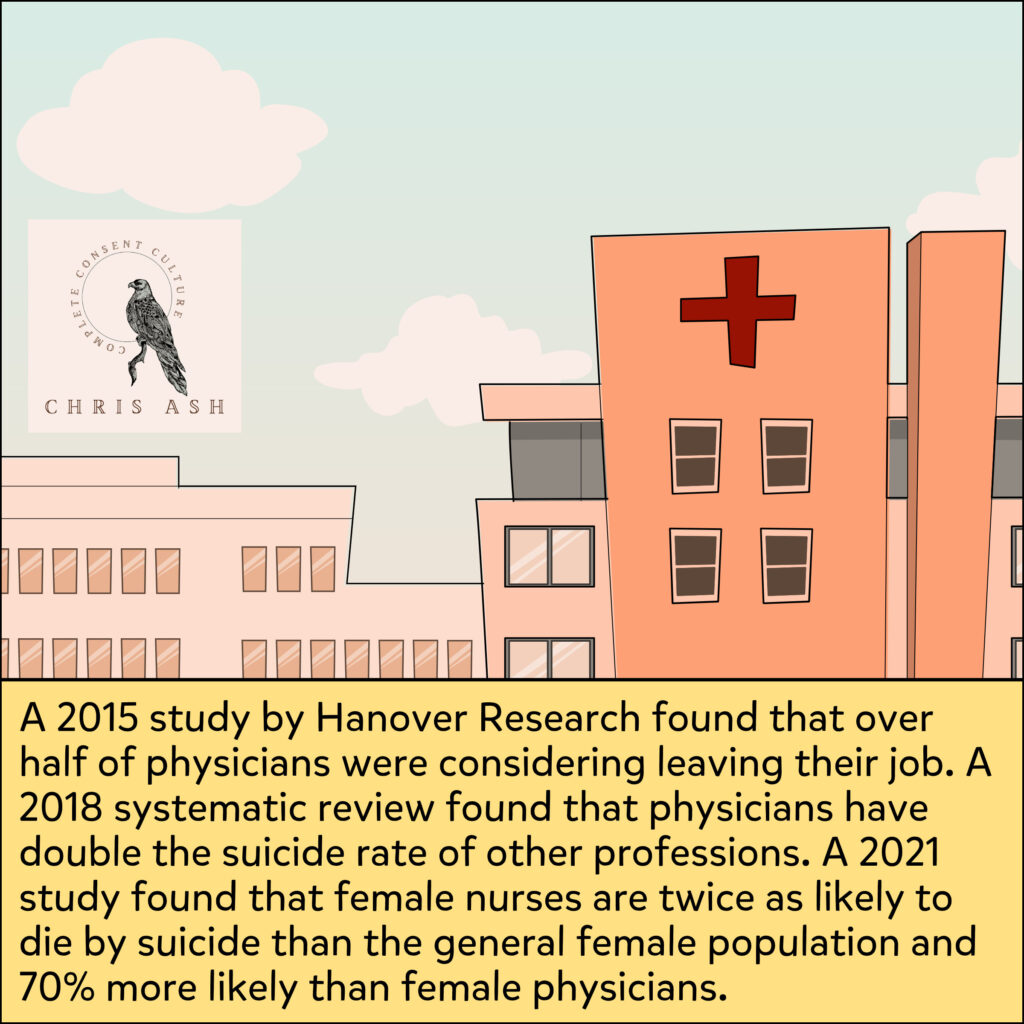
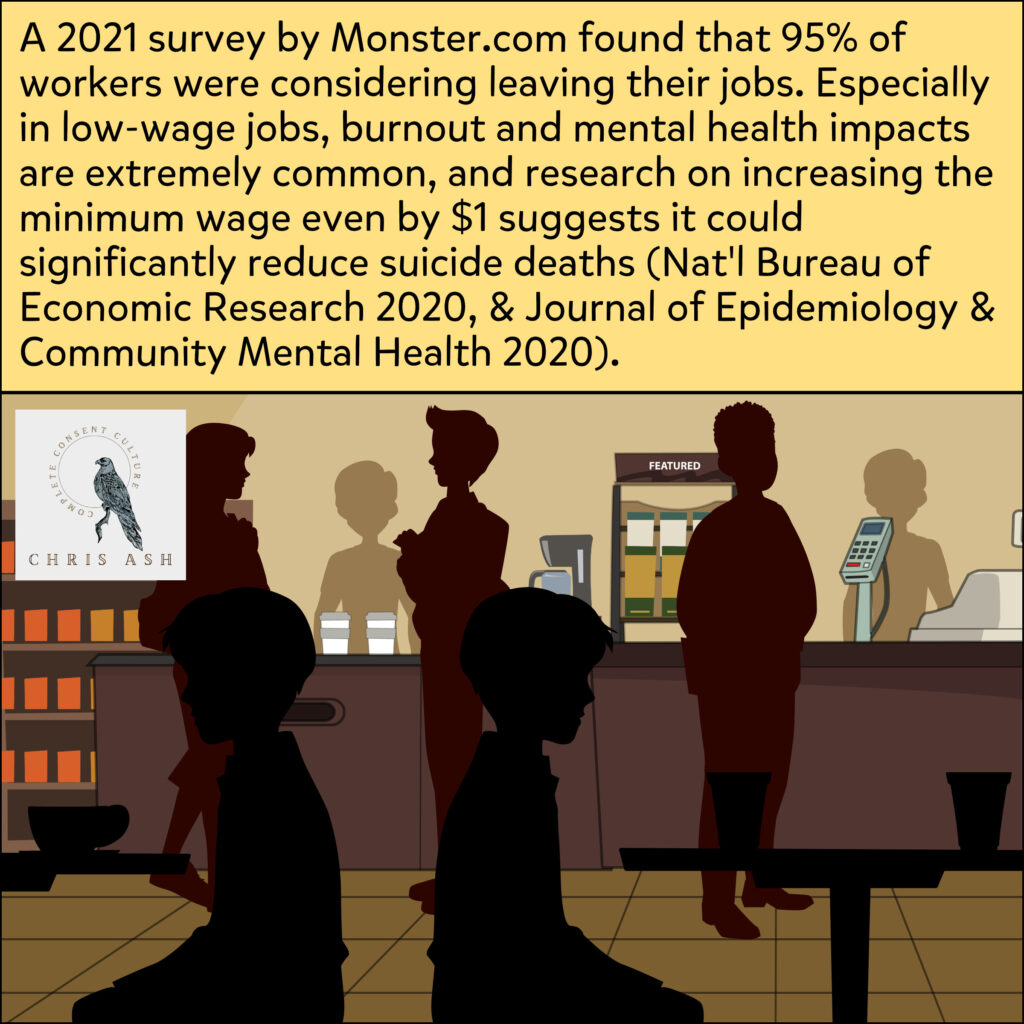
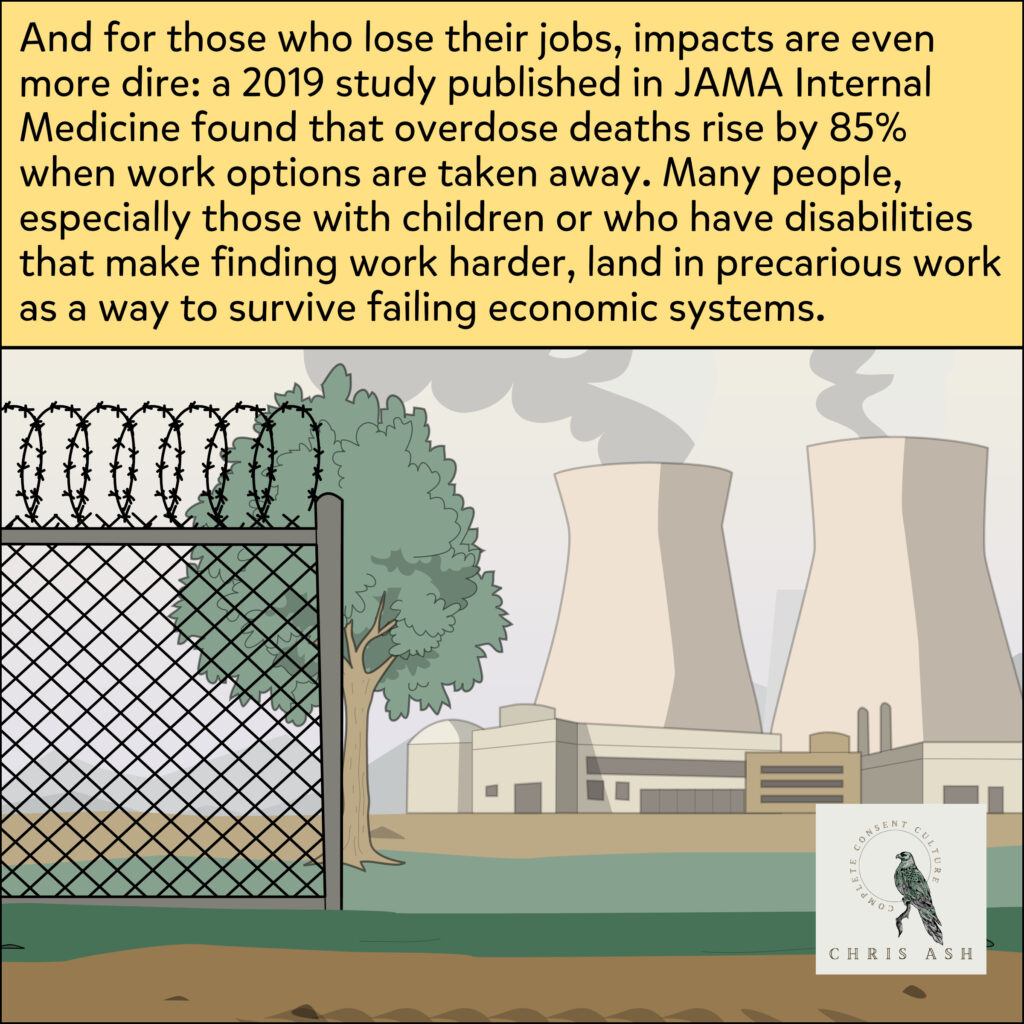
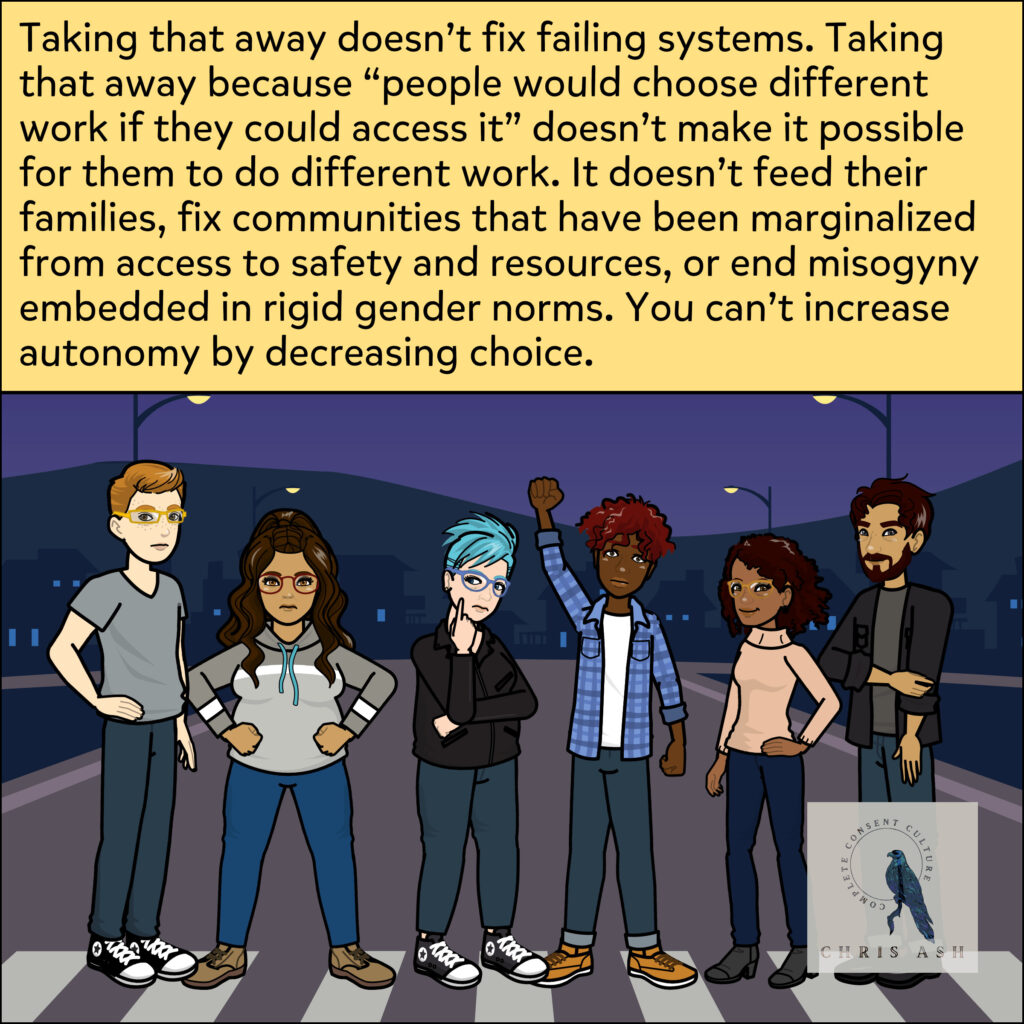
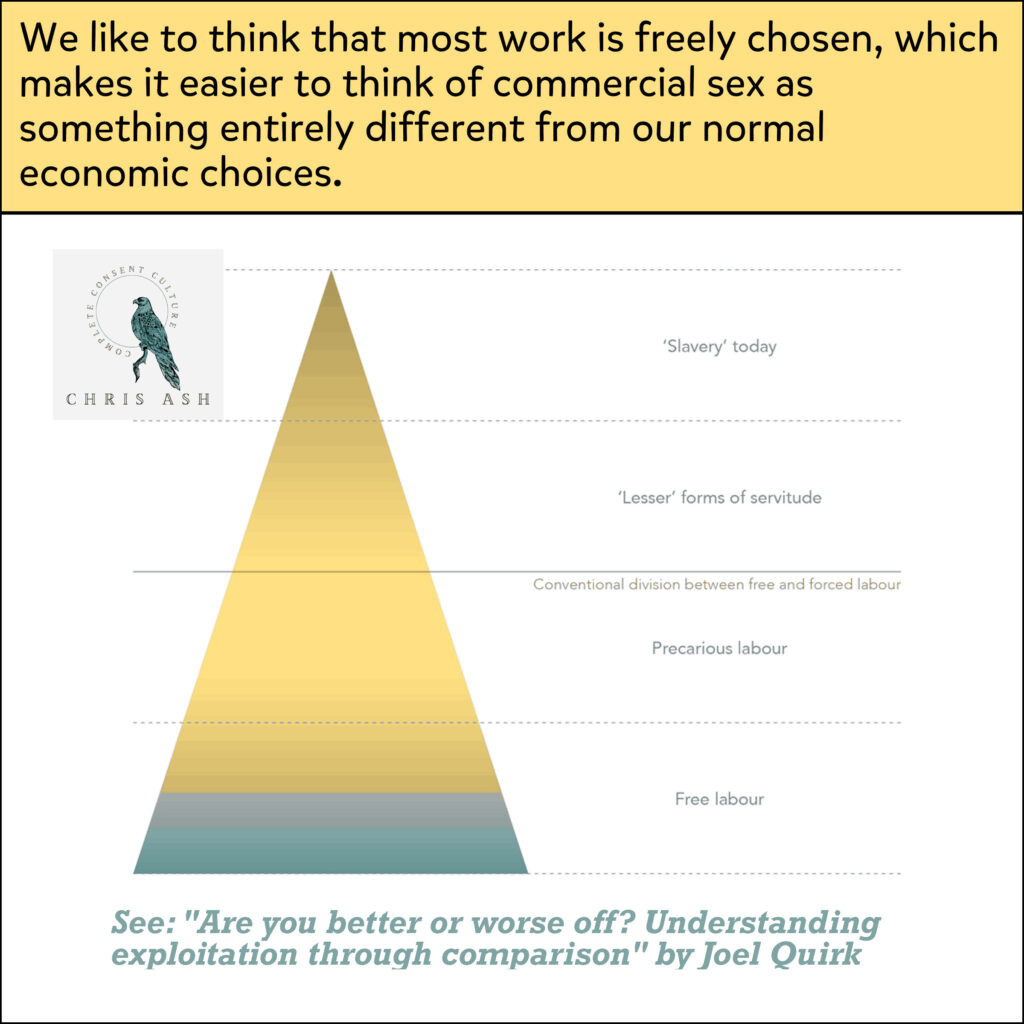
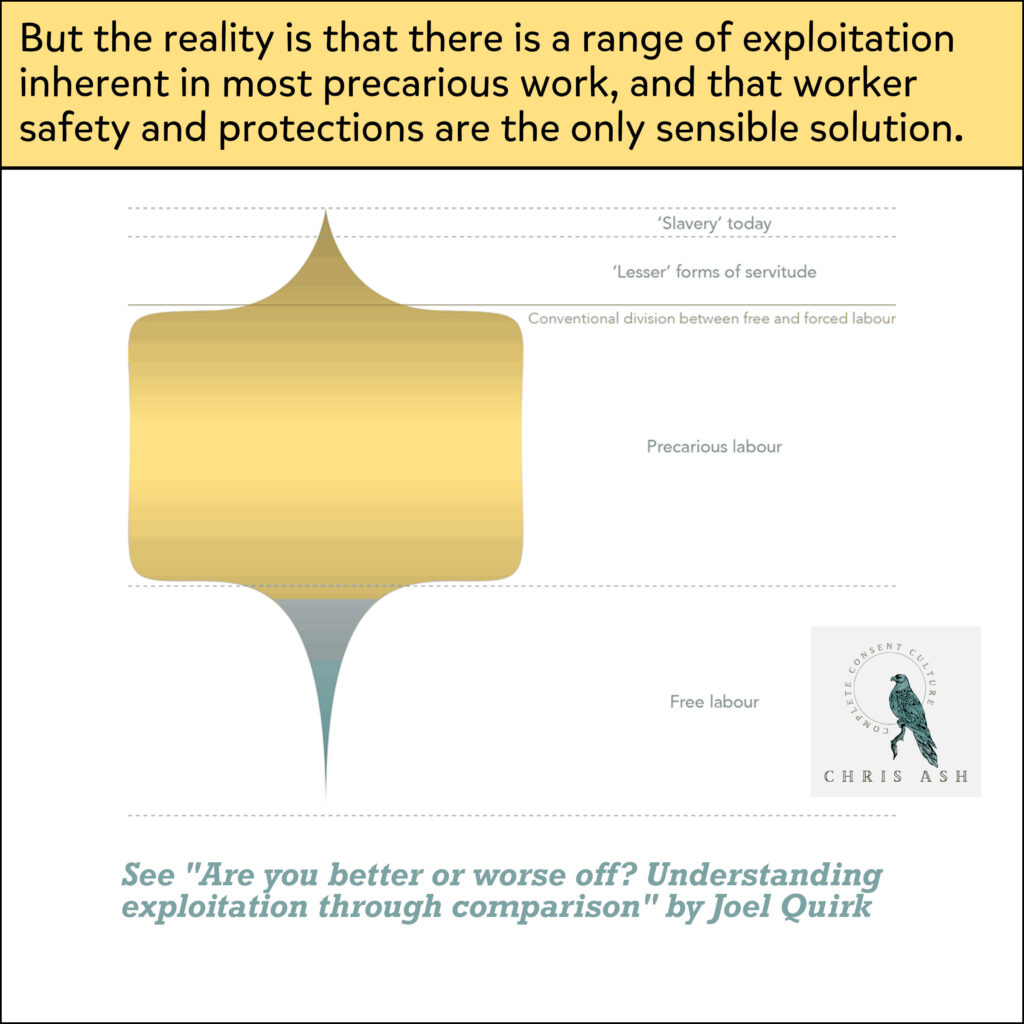
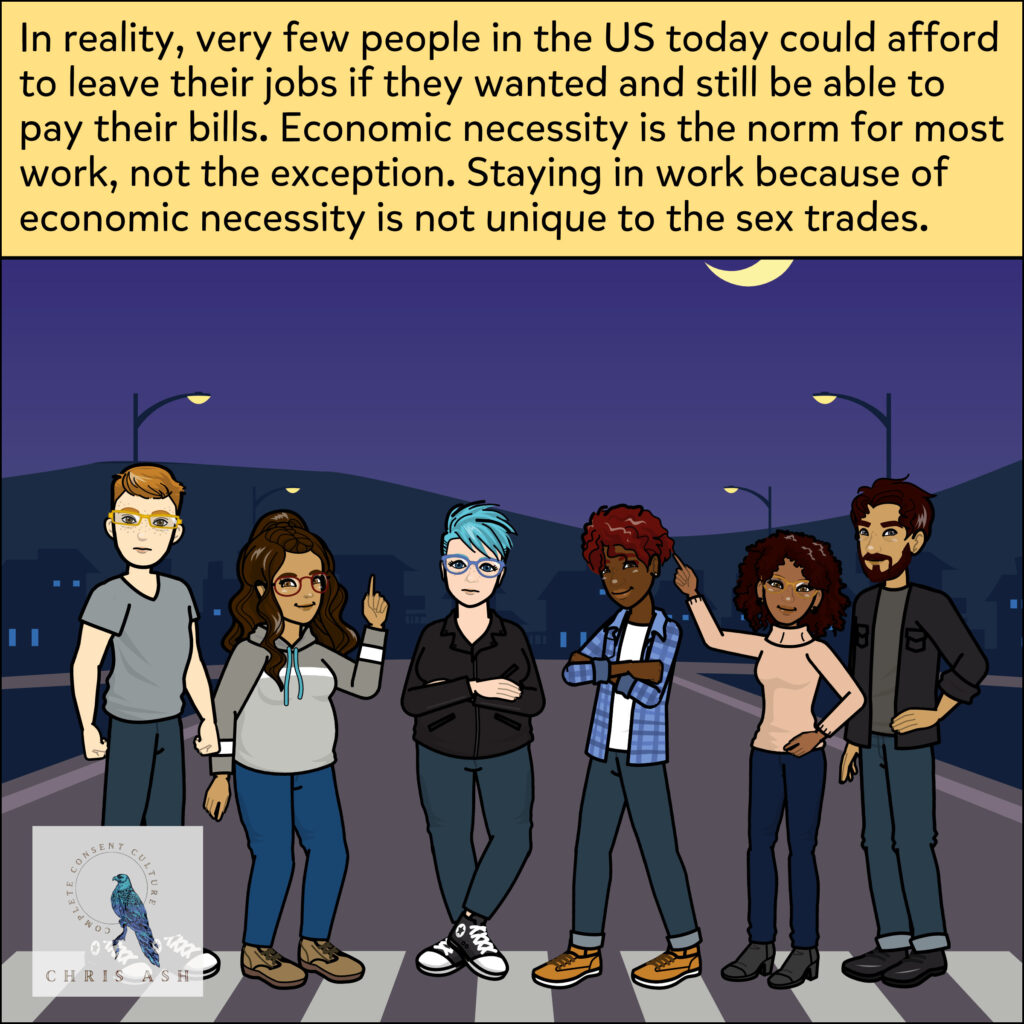
For more on the range of exploitation that is common (and legal) in many jobs, especially those that involve precarious labor, see: “Are You Better or Worse Off? Understanding exploitation through comparison” by Joel Quirk.
by admin - September 26, 2021









For more on the range of exploitation that is common (and legal) in many jobs, especially those that involve precarious labor, see: “Are You Better or Worse Off? Understanding exploitation through comparison” by Joel Quirk.